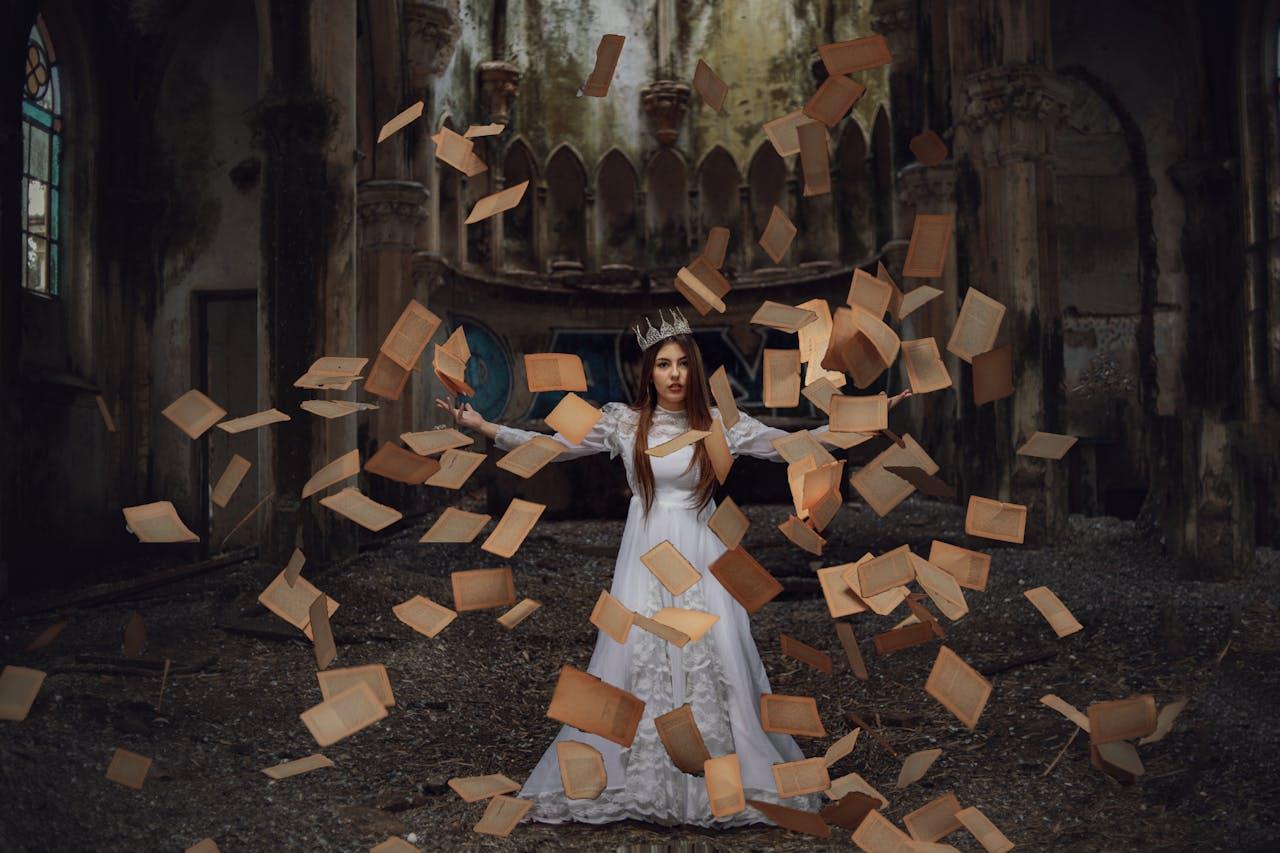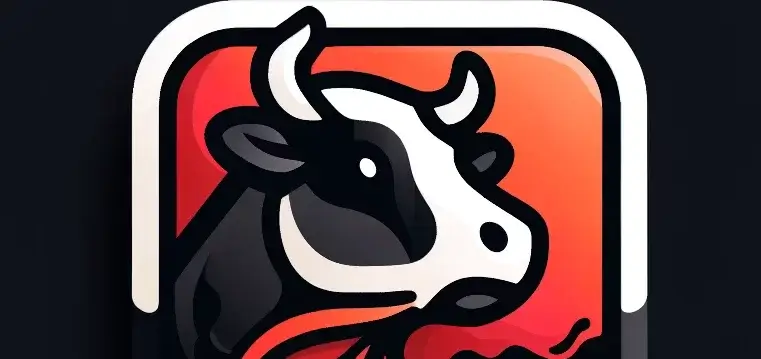Let’s face it: writer’s block is a formidable foe. Sometimes, the perfect story idea seems just out of reach, and the blank page stares back, mocking you. That’s where AI comes in—not as a crutch, but as a creative spark. The idea of artificial intelligence helping writers might sound a little sci-fi, but today, AI tools are more accessible than ever and can act like brainstorming buddies, ready to dish out fresh ideas whenever you need them.
If you’ve ever thought about using AI to inspire your writing, you’re in for a treat. AI can help you generate new worlds, craft intricate plots, and even explore character arcs. It’s like having a co-writer who never gets tired and is always full of ideas.

What Makes AI Useful for Writers?
AI tools are designed to generate text based on prompts or parameters you provide. They don’t replace your creativity—they enhance it. Whether you’re writing a fantasy epic, a screenplay, or even just toying with the seed of a new story, AI can throw out suggestions, plot twists, and character details you might not have considered.
Think of it this way: AI tools are like an endless source of “what if” questions. What if your protagonist was secretly the villain? What if the peaceful kingdom was built on stolen magic? These prompts can open doors to stories you might never have imagined otherwise.
Jump-Start Your Imagination
Struggling to figure out where to begin? Let AI do the heavy lifting to get you started. For example, the fantasy story generator from Squibler is a treasure trove of fantastical ideas. You simply provide a few details or themes, and the tool churns out story outlines or world-building prompts that you can adapt to your unique voice.
The beauty here is flexibility. AI isn’t rigid—it’s designed to give you a jumping-off point, not a finished manuscript. That means you can tweak, rework, or completely transform its suggestions.
Here’s how you could use a fantasy story generator to start:
- Input a theme or trope you love. Maybe you’re a sucker for chosen-one narratives or sprawling magical kingdoms.
- Review the generated content. The AI might suggest a plot where an exiled prince discovers a forbidden library holding secrets to reclaim the throne.
- Adapt and personalize. Perhaps your exiled prince is now a princess, and the forbidden library becomes a sentient forest. The generator gives you the skeleton, and you breathe life into it.
AI for Screenwriters

Screenwriting has its own set of challenges. From nailing dialogue to pacing a scene, it can feel overwhelming to turn a great idea into a working script. Enter tools like the free AI script generator, which cater specifically to screenwriters.
This tool can help you create frameworks for screenplays by generating story beats, dialogue ideas, or even suggestions for scenes. If you’re working on a comedy, for example, the AI might suggest quirky scenarios for your characters to navigate. For a thriller, it could propose tension-filled twists that keep the audience guessing.
Using an AI script generator doesn’t mean handing over the reins. You can always adjust the tone, rewrite sections, or cherry-pick the ideas that fit your vision. It’s a way to move past the initial overwhelm and dive straight into the fun part: storytelling.
Tips for Using AI Without Losing Your Voice
One common worry among writers is that relying on AI will make their work feel, well, artificial. But here’s the truth: AI is a tool, not a replacement for your creativity. Here’s how to use it while keeping your unique voice intact:
- Start Small. Use AI for bite-sized tasks like naming characters, generating dialogue prompts, or brainstorming world-building details.
- Blend Ideas. Mix AI-generated suggestions with your original thoughts. For instance, if the AI suggests a futuristic dystopia, add your spin by imagining how the environment impacts your characters’ daily lives.
- Revise and Refine. Treat AI outputs as rough drafts. Rewrite them to reflect your style, tone, and vision.
- Stay Curious. Use AI tools to explore genres or styles outside your comfort zone. They’re great for breaking you out of creative ruts.
When to Turn to AI
There’s no “right” or “wrong” time to use AI. Some writers find it helpful at the brainstorming stage, while others use it to flesh out an idea that’s already in progress. AI can also be a lifesaver when you’re stuck mid-project. Need a subplot for your fantasy epic or a twist in your screenplay? AI tools are like having a brainstorming partner ready to jump in whenever you need them.
Balancing Creativity and Technology
The key to using AI effectively is balance. It’s easy to let the tool do too much or feel like you’re losing control of the creative process. The best stories come from your imagination, shaped by your experiences and worldview. AI is there to give you options and push you out of your comfort zone—not to take over entirely.
At the end of the day, writing is about connection. AI can inspire, suggest, and guide, but your unique perspective is what will make the story resonate.
Ready to Experiment?

AI tools are changing the game for writers, making it easier than ever to overcome creative hurdles and bring new ideas to life. Whether you’re diving into a fantasy adventure with the fantasy story generator or crafting your next screenplay with the free AI script generator, these tools can help you uncover ideas you never knew you had.
So, the next time you’re stuck, why not let AI take the reins for a bit? You might be surprised at the twists and turns your story takes—with you, of course, still firmly in the driver’s seat.
